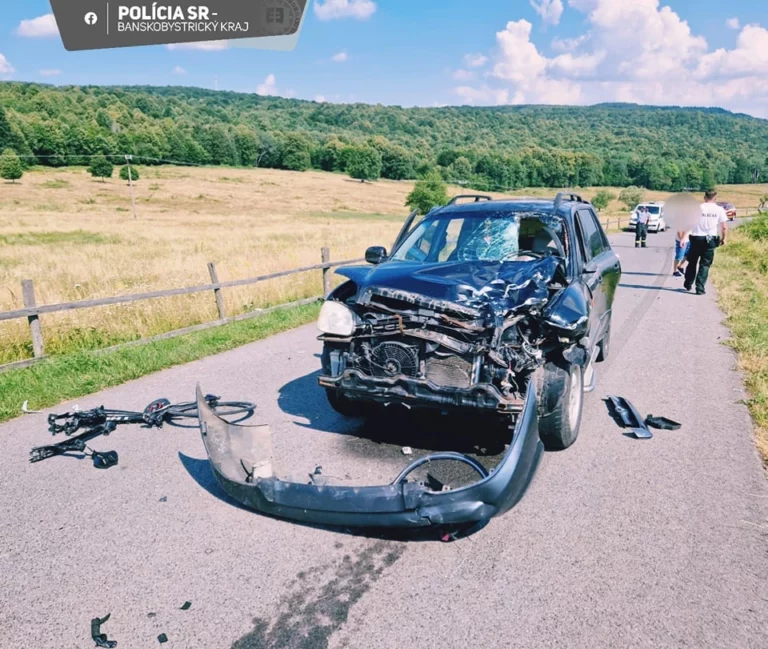Slovakia
Government: Slovakia can be proud on Hungary’s first Christian king

Speaker: Hungarian nation’s existence in continuous threat

Hungarian government defends the anti-Hungarian Robert Fico’s party

Slovak business fined EUR 100,000 by Hungary

Slovak PM’s remark on Orbán prompts foreign ministry response
Tamás Menczer, the foreign ministry's state secretary for bilateral relations, has responded to acting Slovak Prime Minister Lajos Ódor's remark...
Minister shared how Hungary and Slovakia can solve complicated problems

Tibor Králik commands NATO’s Central European HQ MND-C

Secretary: the Slovak foreign minister has lied

PHOTOS, VIDEO: New bridge connecting Slovakia, Hungary inaugurated

Hungarian government buys a EUR 200,000 luxury piano for a luxury building in Brussels

PM Orbán: Slovakia is “breakaway part” of Hungary, Bratislava outraged

Two Hungarian cyclists were killed in Slovakia, motorcyclists died in Romania – PHOTOS

Government believes Hungary’s economy will grow significantly in 2024

Slovak foreign minister Miroslav Wlachovsky held talks in Budapest

PHOTOS: Ferry service inaugurated on Hungary-Slovakia border
Foreign Minister Péter Szijjártó on Thursday inaugurated a new ferry service between Neszmély in Hungary and Radvan (Dunaradvány) in Slovakia....
Hungarian leaders from Romania, Ukraine, Serbia, Croatia met at the Adriatic

Budapest beats surprising places on the list of most liveable cities
The list of the world's most liveable cities has been compiled once again. Unsurprisingly, Vienna has taken the top spot,...
Expulsed Russian spy used to operate Hungary





 ZH
ZH IT
IT DE
DE HR
HR NL
NL FR
FR JA
JA RO
RO RU
RU ES
ES TR
TR
